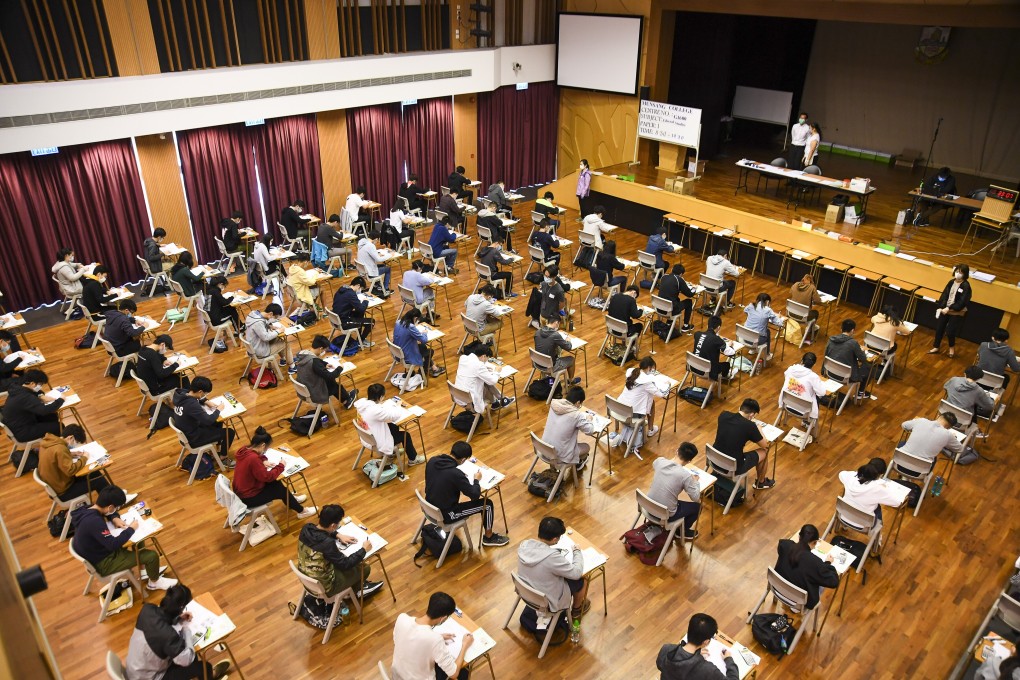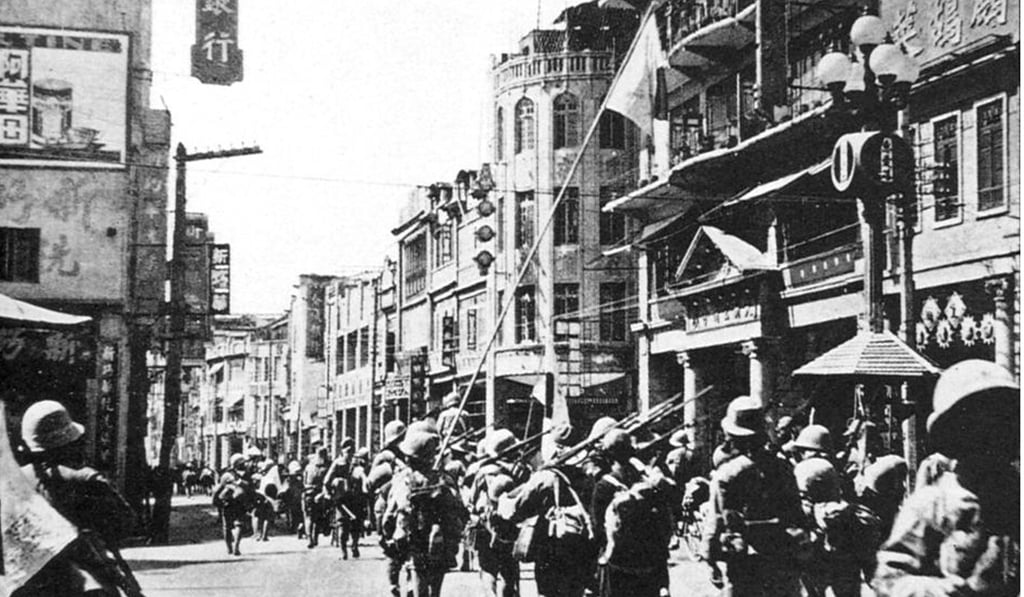Hong Kong court upholds axing of controversial exam question, but chides government’s ‘threatening manner’ towards exam body
- Education Bureau statements ‘smacked of knee-jerk political correctness and self-censorship of an unattractive kind’, judge says
- But exam authority’s ultimate decision to scrap question on 20th century Sino-Japanese relations was professionally made, according to ruling

A Hong Kong judge on Friday said it was unfortunate that government officials had handled the controversy over a history exam question on Sino-Japanese relations “in a most high-profile and threatening manner” to the city’s testing authority, but upheld the latter’s decision to scrap it, saying it had been professionally made.
Mr Justice Russell Coleman dismissed a judicial review application from student Loh Ming-yin over a decision by the Hong Kong Examinations and Assessment Authority (HKEAA) to invalidate a compulsory question in his university entrance exam on May 14.

The question, which asked “if Japan did more good than harm to China in the period 1900-1945”, drew immediate outrage from Beijing, while Hong Kong leader Carrie Lam Cheng Yuet-ngor said the HKEAA had made “a professional error” in which she could intervene.
The High Court heard the independent statutory body reached the decision to axe the question after the Education Bureau (EDB) first said it had the effect of “seriously hurting the feelings and dignity of Chinese people”, then made its unprecedented request for invalidation.
Lawyers for the applicant have accused the HKEAA Council of voting under political pressure following high-profile, but impermissible, comments from the government, which not only resulted in wasting students’ efforts but also in creating a chilling effect on future discussions.